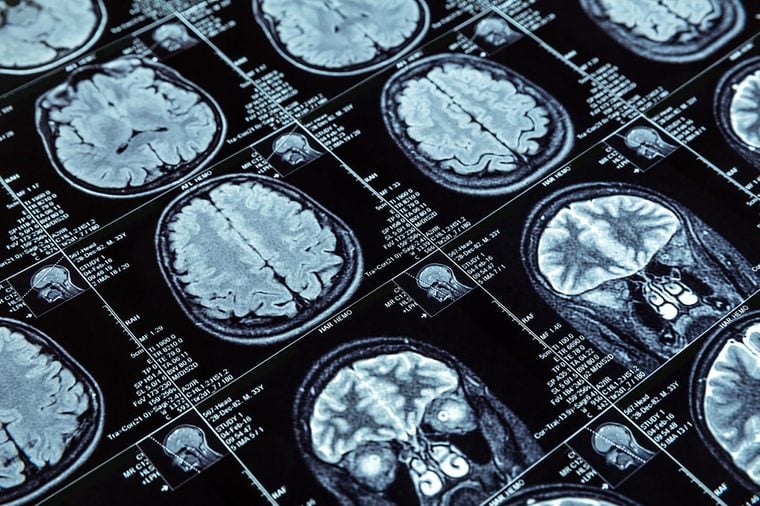
HGH shows promise in helping heal traumatic brain injury
Most people look to HGH as a youth potion—it’s one of the popular anti-aging tips. But it’s also shown promise as a way to heal the mind: A 2010 study in the Journal of Neurotrauma found that study subjects did better on a battery of cognitive tests after they got HGH. “Some of the observed cognitive impairments may actually be the result of growth hormone deficiency and could potentially be partially reversible with GH replacement therapy,” according to the study.
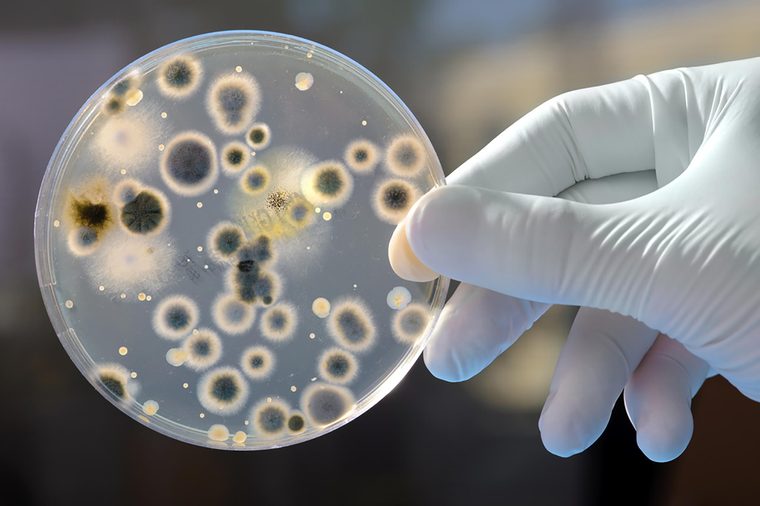
HGH injections could increase your cancer risk
Most of us are looking for ways to lower risk of cancer—which is why you might want to check out 37 ways to cut your cancer risk. HGH has some troubling history when it comes to cancer: “There have been some concerns that HGH may increase risks of certain cancers, but this research is not conclusive and remains ongoing,” says pediatrician Natasha Burgert, MD. A 2017 study published in the Journal of Clinical Endocrinology and Metabolism reviewed the incidence of cancer in patients receiving HGH supplements compared to the general population. The authors found that HGH might be linked to an increased risk of bone and bladder cancer; also, for patients with a past cancer diagnosis, HGH seemed to raise the risk of cancer mortality down the road.
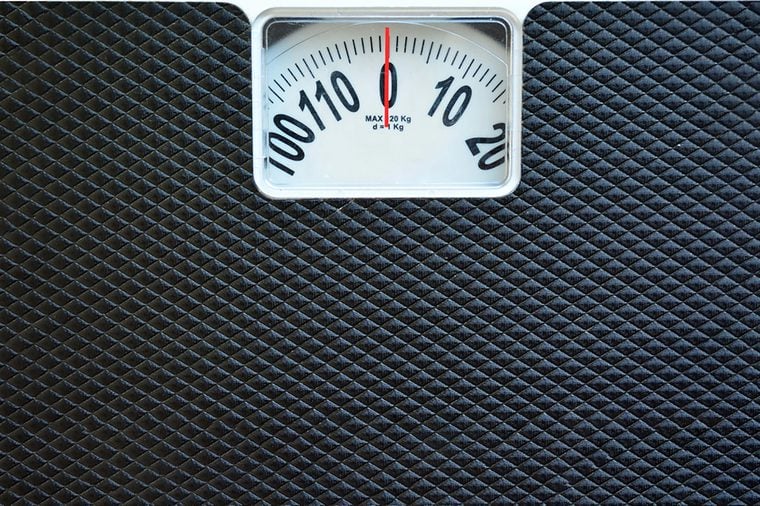
You may be able to reduce body fat
Researchers believe that some of the fat gain as you age can be chalked up to a reduction in the amount of growth hormone you produce, though it’s only one potential cause—get the inside scoop on what causes belly fat. An older study from the New England Journal of Medicine seemed to back that up, as the researchers found that study participants—all men over the age of 60—who took HGH dropped the amount of fat they were carrying by more than 14 percent, and increased lean body mass by 9 percent. However, a 2004 review of studies, published in the British Journal of Sports Medicine, found that claims of muscle growth are unfounded. “The over-exaggeration of the effects of growth hormone in muscle building is effectively promoting its abuse and thereby encouraging athletes and elderly men to expose themselves to increased risk of disease for little benefit,” study author M.J. Rennie, PhD, says.

HGH isn’t going to do much for your child’s growth
If you’re looking to turn your average-sized son into a pro basketball player, HGH isn’t going to do it. “Many parents falsely believe that offering HGH will get their child to ‘normal’ height,” Dr. Burgert says. “However, the shots will only offer 1 to 3 inches of extra growth on average. If your child is genetically predisposed to be more petite, HGH is not a miracle.”
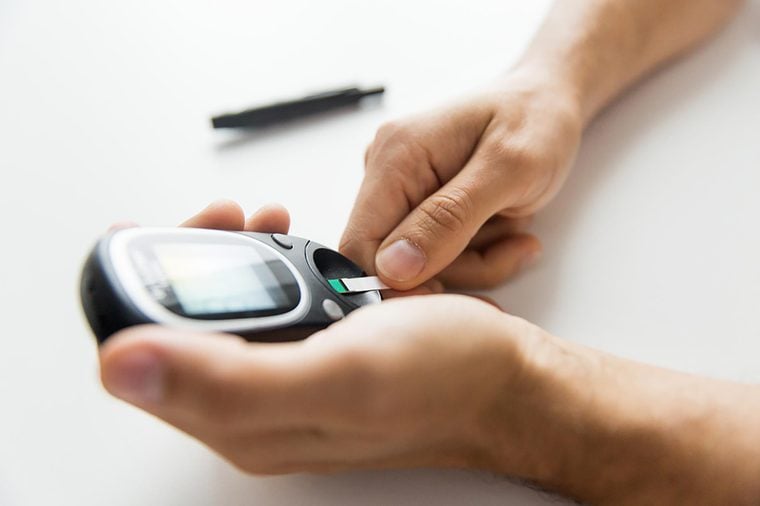
You may be raising your diabetes risk
HGH use isn’t one of the risk factors you think of when you think diabetes—here are the common habits that raise risk for type 2 diabetes. But several studies have linked increases in growth hormone with increased insulin resistance—a problem that could eventually lead to the development of type 2 diabetes.
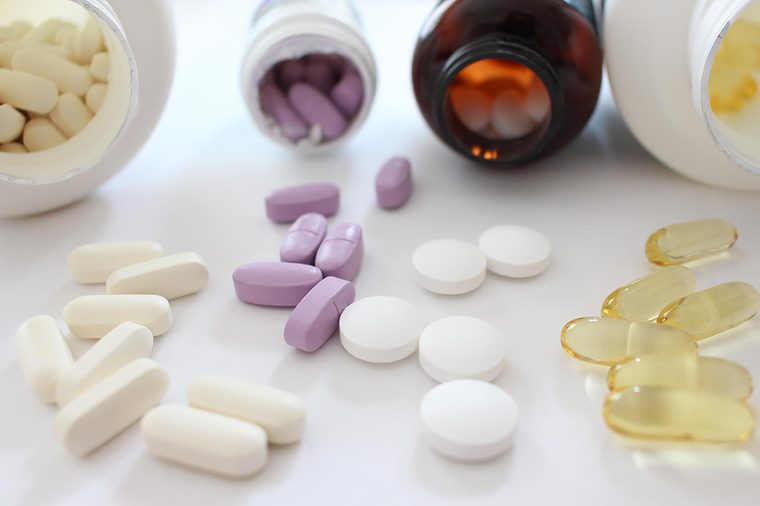
No Rx? You could be putting yourself in danger
Human growth hormone is highly regulated, and it can be prescribed for only a short list of conditions and uses. So many of the people who are taking HGH supplements, whether as an injectable or in pill or spray form, are obtaining them illegally—and are putting themselves at risk by taking something that could be a placebo, or even dangerous to their health.

You may actually be shortening your lifespan
It seems counterintuitive, but a few studies have found that many centenarians have low levels of growth hormone in their bodies. (If you’re looking for live-longer tricks that really work, read this.) Researchers have studied Ecuadorians who had abnormally low levels of growth hormone, and in a 2011 study, they found that the low-HGH group had a significantly reduced risk of diabetes and cancer compared to the general population. Plus, they lived longer.
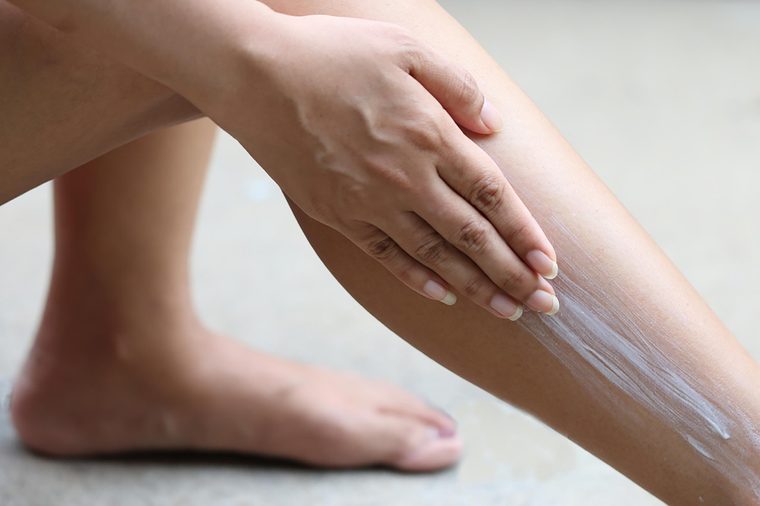
HGH may be helpful in promoting healing
A number of studies have shown that topical growth hormone use can speed the healing of burns and skin grafts. And clinical trials are underway to determine if HGH injections can speed up the recovery from ACL knee injuries. But in a 2013 trial on mice, HGH was not shown to help heal rotator cuff injuries—and actually increased the likelihood of bone fractures in treated mice.
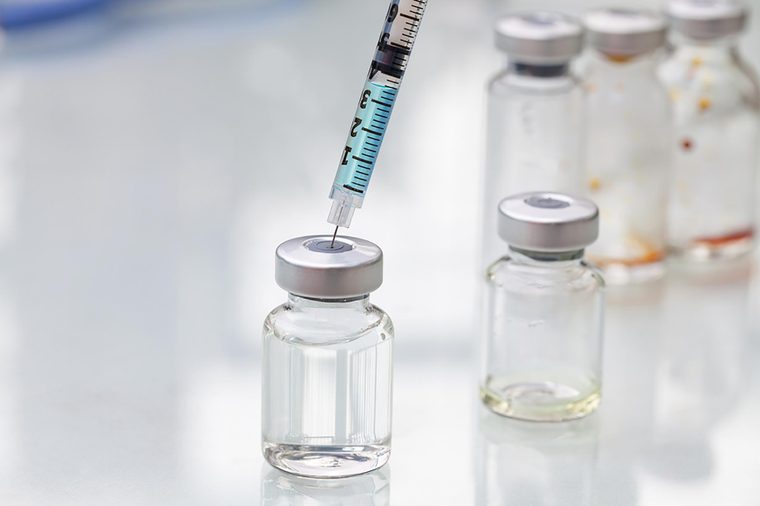
Many of the “benefits” of HGH may come from other drugs
The athletes who swear by HGH injections are often taking other drugs as well—including anabolic steroids, testosterone, and other performance enhancers that could be responsible for their improved results. (If you feel like you could be getting more from your exercise efforts, first rule out that you don’t have any of the 10 clear signs of a common exercise problem.) For instance, in a 2010 study of the impact of testosterone and growth hormone on body composition in men found that significant gains came from the use of testosterone, with growth hormone providing a secondary boost.
